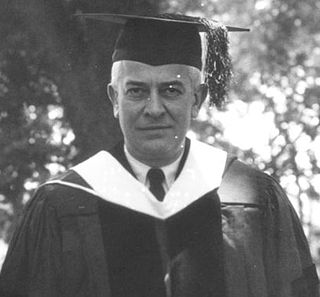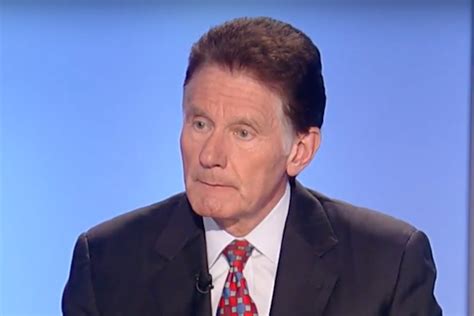A Quote by Carl Clinton Van Doren
In fiction, too, after the death of Cooper the main tendency for nearly a generation was away from the conquest of new borders to the closer cultivation, east of the Mississippi, of ground already marked.
Related Quotes
Standing in the nordic nook of the kitchen, I can gaze down at the flimsy-limbed joggers heading south towards the Park. It's nearly as bad as New York. Some of these gasping fatsos, these too-little-too-late artists, they look as though they're running up rising ground, climbing ground. My generation, we started all this. Before, everyone was presumably content to feel like death the whole time. Now they want to feel terrific for ever.
Be the first to seize intersecting ground, that is ground which lies the intersections of borders or intersections of main thoroughfares of commerce and travel. Your occupation of it gives you access to all who border it and all who would covet it. On intersecting ground, if you establish alliances you are safe, if you lose alliances you are in peril.
The conquest of the fear of death is the recovery of life's joy. One can experience an unconditional affirmation of life only when one has accepted death, not as contrary to life, but as an aspect of life. Life in its becoming is always shedding death, and on the point of death. The conquest of fear yields the courage of life. That is the cardinal initiation of every heroic adventure - fearlessness and achievement.
The fatal error of much science fiction has been to subscribe to an optimism based on the idea that revolution, or a new gimmick, or a bunch of strong men, or an invasion of aliens, or the conquest of other planets, or the annihilation of half the world--in short, pretty nearly anything but the facing up to the integral and irredeemable nature of mankind--can bring about utopian situations. It is the old error of the externalization of evil.
After the allied victory of 1918, at the end of my father's war, the victors divided up the lands of their former enemies. In the space of just seventeen months, they created the borders of Northern Ireland, Yugoslavia and most of the Middle East. And I have spent my entire career — in Belfast and Sarajevo, in Beirut and Baghdad — watching the people within those borders burn.
Rest enough for the individual man, too much and too soon, and we call it death. But for man, no rest and no ending. He must go on, conquest beyond conquest. First this little planet and all its winds and ways, and then all the laws of mind and matter that restrain him. Then the planets about him, and, at last, out across immensities to the stars. And when he has conquered all the deep space, and all the mysteries of time, still he will be beginning.



































